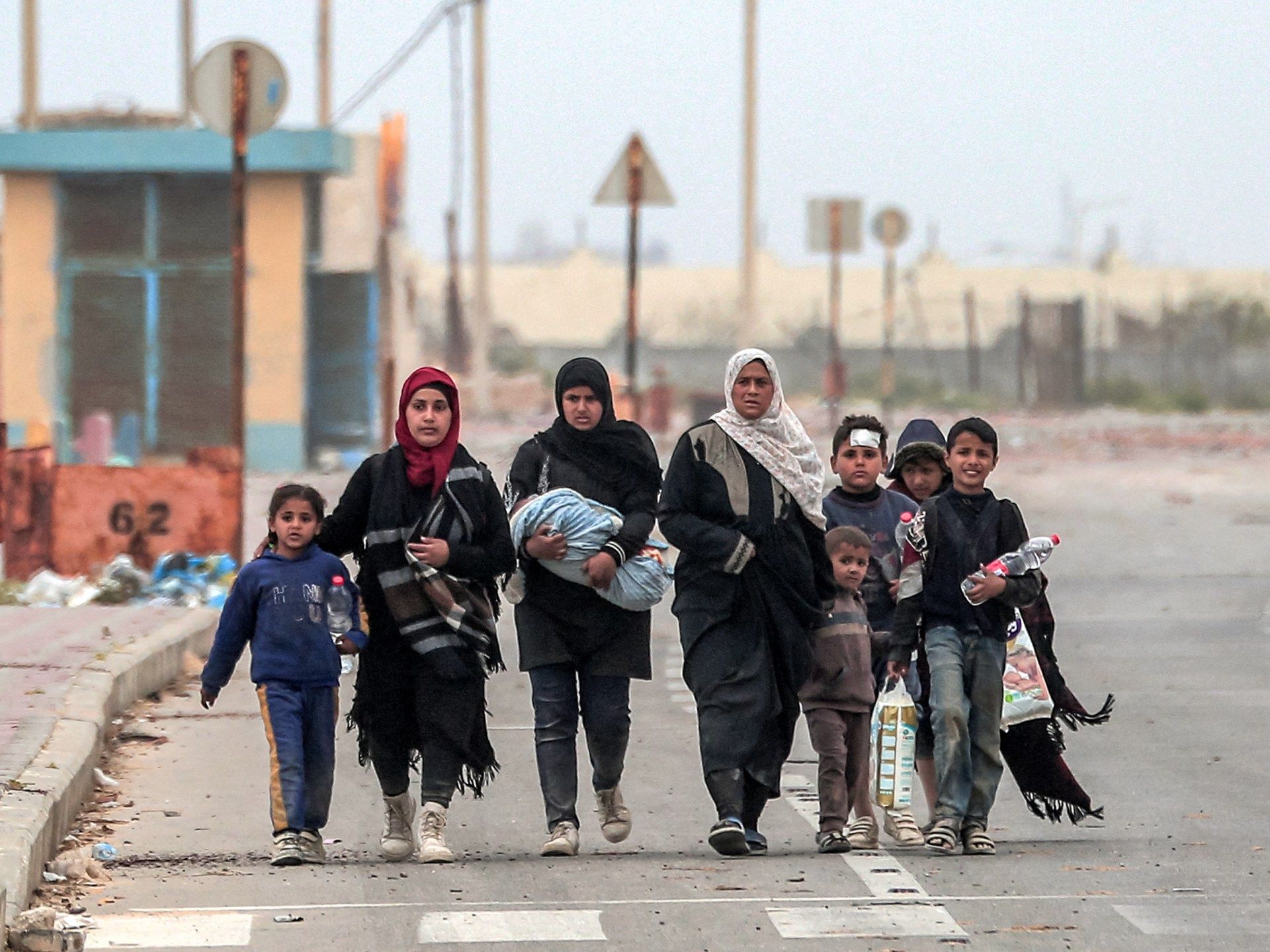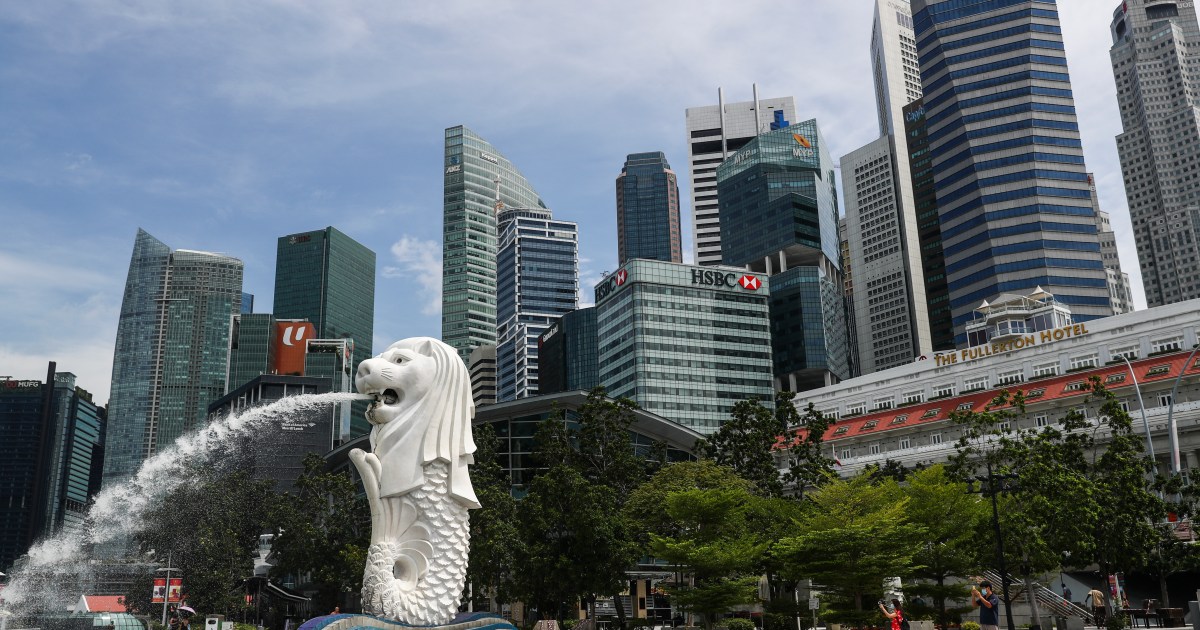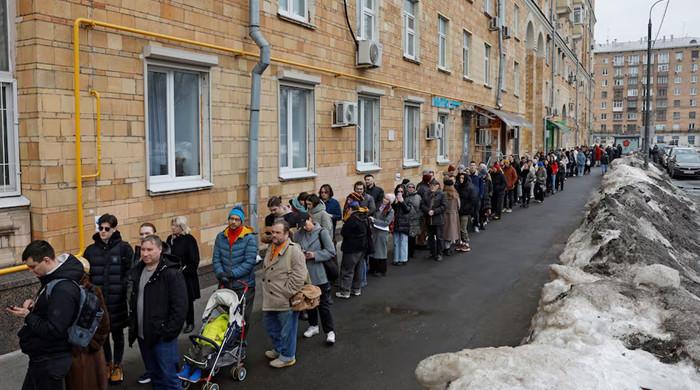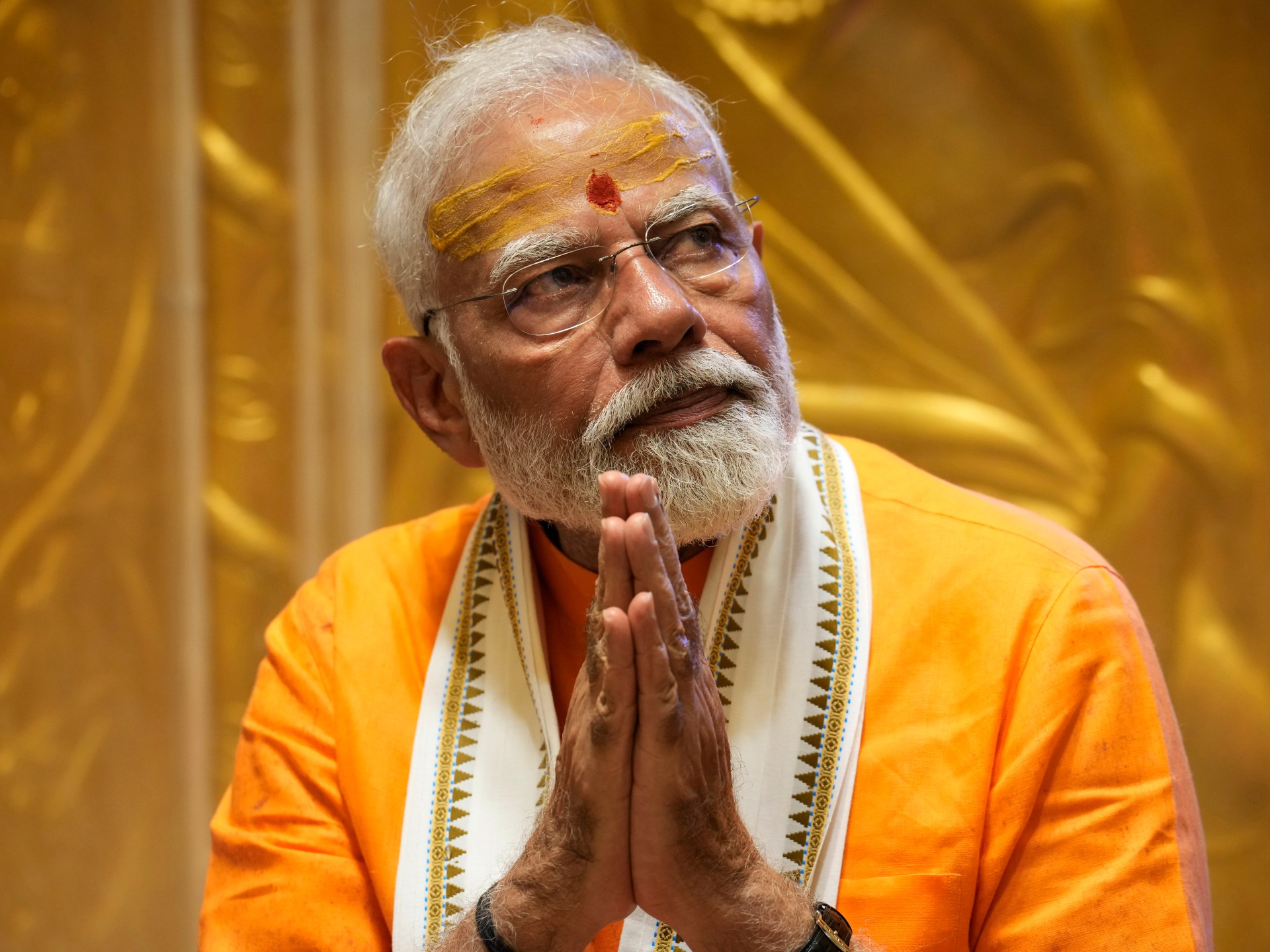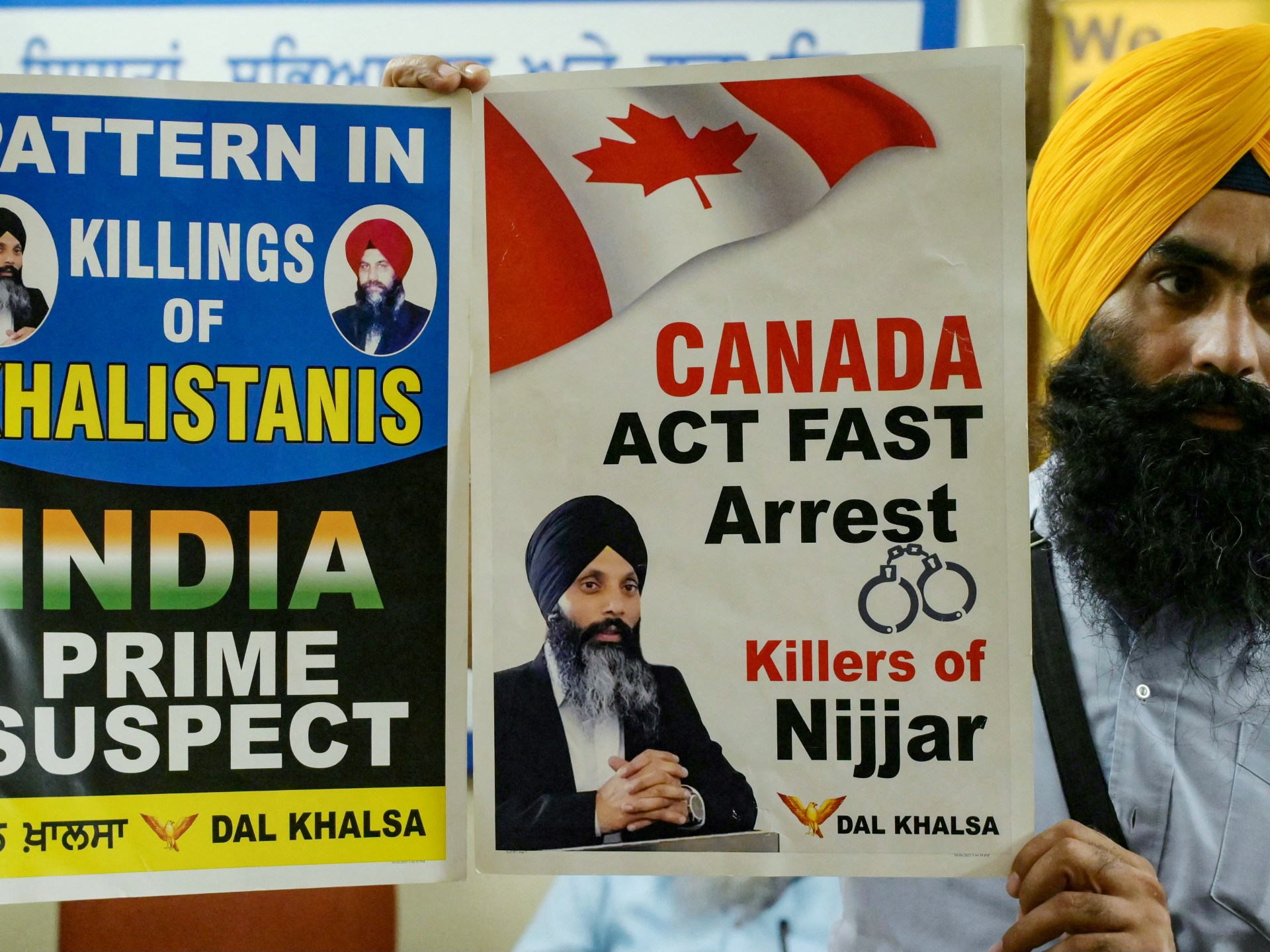The Israeli military says it killed 90 people during its attack on Gaza's al-Shifa hospital, where the siege entered its third day, as displaced Palestinians sheltering in the facility described lengthy detentions and abuses.
Hamas condemned what it called Israel's “bloody massacre” in al-Shifa and said the victims included civilians, patients and displaced people.
Al-Shifa, the largest hospital in the Gaza Strip before the current conflict began, is one of the few health centers that is even partially functional in the north of the enclave.
It housed more than 7,000 patients and displaced people before the latest attack, the Gaza government said.
On Wednesday, the Israeli military said some 300 suspects were questioned at the compound and that more than 160 detainees were brought to Israel “for further investigation.”
“Over the last day, troops eliminated terrorists and placed weapons in the hospital area, while preventing harm to civilians, patients, medical equipment and equipment,” the military said in a statement.
Ismail al-Thawabta, director of the Gaza government's media office, denied claims by the Israeli military that it had killed fighters and said all of the dead were wounded patients and displaced people.
“The Israeli occupation army practices lies and deception in spreading its narrative as part of the justification for its continued crimes that violate the law, that violate international law, international humanitarian law,” he told the Reuters news agency.
'All places are destroyed'
The displaced Palestinians spoke to Al Jazeera about their hours-long detentions during the Israeli army's assault and siege of al-Shifa. The raid began early Monday and the army said it had sent in special forces supported by infantry and tanks.
“We were in one of the buildings inside the Al Shifa medical complex,” Saleh Abu Sakran said. “The soldiers shot at the building where we are. “They asked us to take off our clothes and go down to the hospital courtyard and they sat us inside a residential building next to the hospital where they interrogated us.”
On Tuesday night, the army ordered them to head towards the southern areas of the Gaza Strip, Abu Sakran said. He did not know the fate of those detained inside the complex.
A woman told of the ordeal she faced during her forced release from Al Shifa.
“I faced great difficulties walking among the Israeli vehicles and excavators, and the children suffered a lot and the tanks shot at us,” said the woman, a diabetic.
“Gaza is not Gaza. All places are destroyed. We went three days without eating. “I felt like I was going to die.”
Some of the wounded and sick discharged from al-Shifa arrived at the Baptist Hospital in Gaza City for treatment.
Moath al-Kahlout, reporting from Gaza City, said Israeli shelling has not stopped since Tuesday.
“It has been ongoing. Many were killed in the streets while fleeing and their bodies are still there,” she said.
Israel faced harsh criticism last November when troops first attacked the Al-Shifa hospital. They claimed to have discovered tunnels apparently used as command and control centers by Hamas.
Hamas and medical staff denied that the hospital was used for military purposes or to house fighters.
Meanwhile, an Israeli attack on the Nuseirat refugee camp in central Gaza killed at least 27 people, most of whom were displaced due to attacks on other parts of the enclave. Among the dead are at least five women and nine children.
The injured were taken to Al-Aqsa Martyrs Hospital in Deir el-Balah after an Israeli airstrike targeted a three-story family home in the camp late on Tuesday.
Another Israeli strike hit the nearby Bureij camp and killed eight people, including three women.
🚑Palestinian Red Crescent ambulance teams transported a child martyr and ten injured due to shelling by the Israeli occupation to a residential apartment in Bureij camp, central #Loop Band.
📷 Filmed by PRCS volunteer: Mohammed Suleiman pic.twitter.com/aAsDied9mC— PRCS (@PalestineRCS) March 20, 2024
Nuseirat and Bureij are among several densely populated refugee camps in Gaza that date back to 1948, when approximately 750,000 Palestinians fled or were expelled from their homes in what is now Israel, during the war that surrounded its creation. Refugees and their descendants make up the majority of Gaza's population of 2.3 million.

